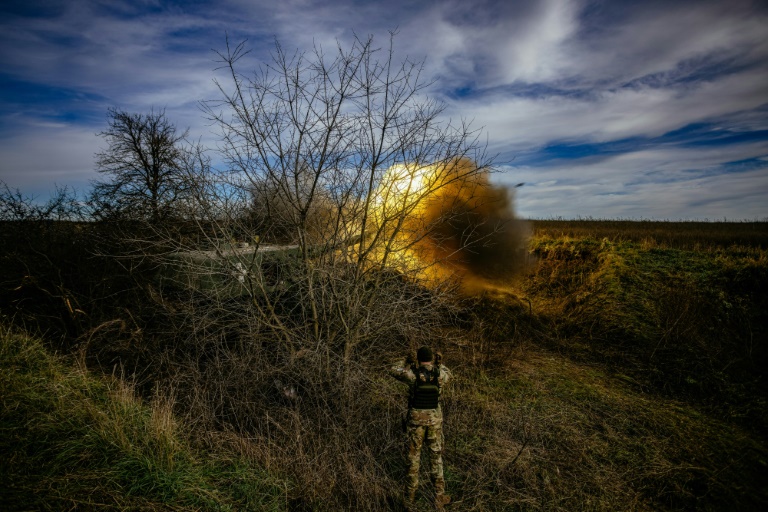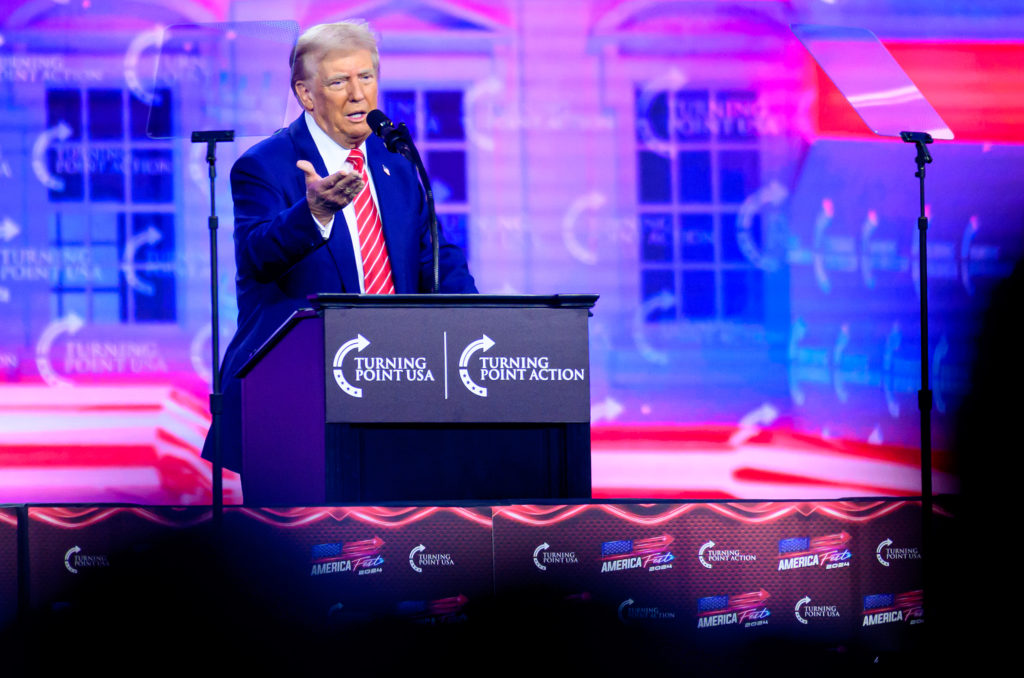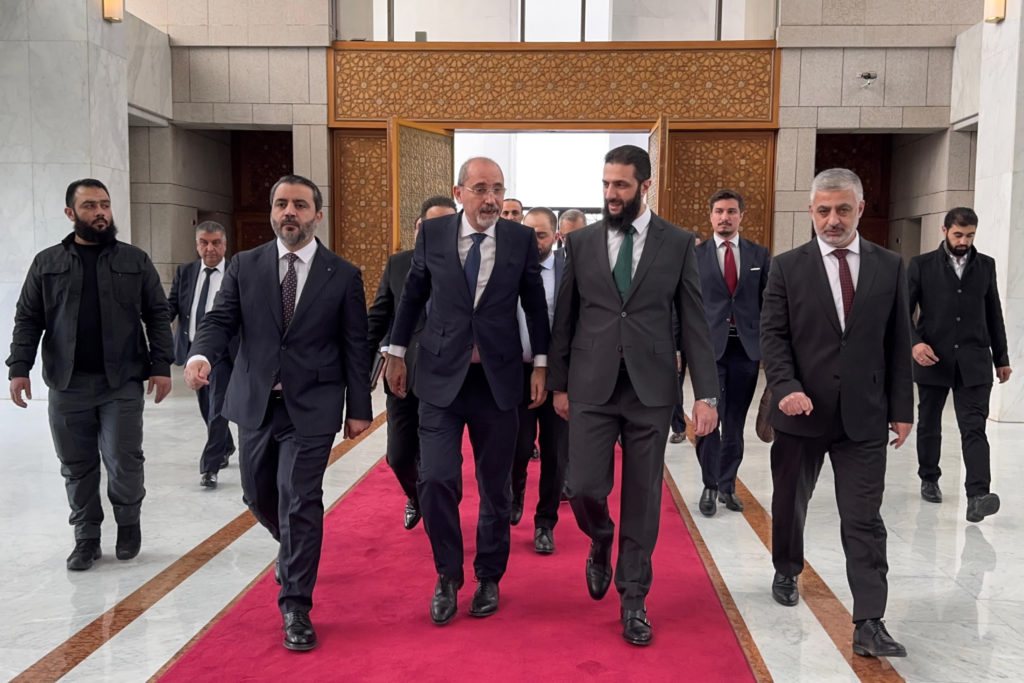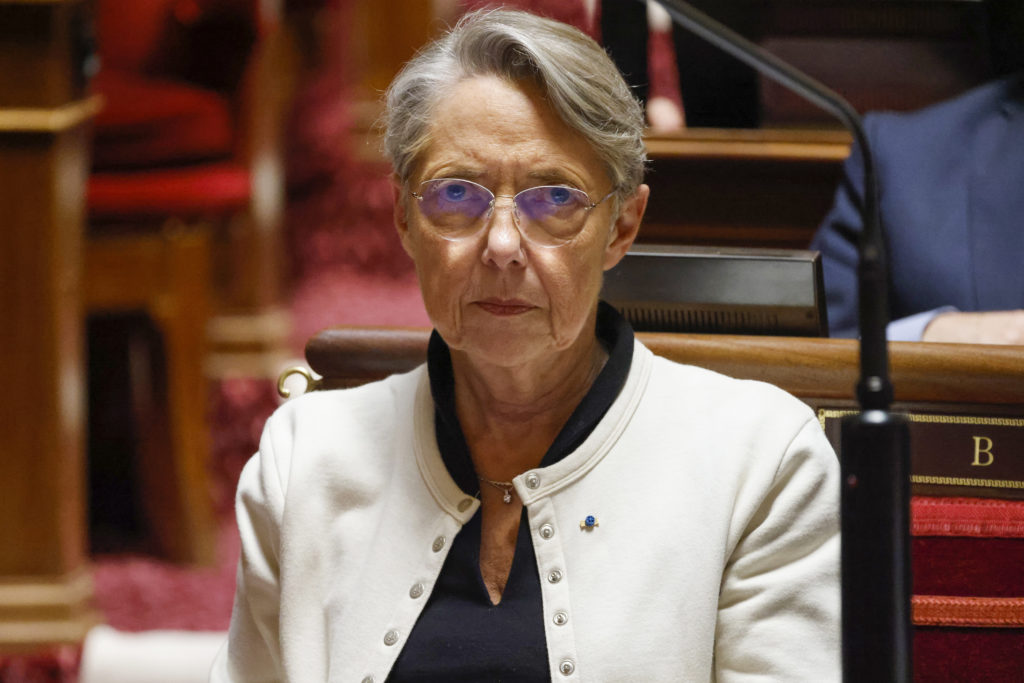A self-propelled howitzer fires a shell towards Russian positions near an undisclosed frontline position in eastern Ukraine
The West’s plan to starve Russia of resources to fight its war in Ukraine by imposing a price cap on its oil exports hit a diplomatic logjam in Brussels on Friday.
Poland does not think the $60 a barrel ceiling is low enough and has refused to back the plan, preventing the European Union from adopting the measure.
On Thursday evening several European diplomats said the other 26 member states were ready to nod the plan through in time for it to go into effect on Monday along with an EU embargo on Russian crude.
But on Friday one negotiator told AFP: “The silence from Warsaw is deafening.”
The embargo will prevent shipments of Russian crude by tanker vessel to the EU, which accounts for two thirds of imports, the rest arriving by pipeline.
Energy experts like Phuc-Vinh Nguyen of the Delors Institute think tank estimate that Russia has earned 67 billion euros ($71 billion) selling oil to EU clients since its February invasion of Ukraine.
This alone is greater than Russia’s 60-billion-euro defence budget before the war and dwarfs the financial and military aid spent by EU states to support Kyiv’s pro-Western government.
From Monday, tankers will no longer be permitted to bring Russian crude to Europe — and the price cap is designed to make it harder to bypass the sanctions by selling beyond the EU.
China and India, for example, have not limited imports of Russian oil, but under the proposed plan European insurers would be banned from covering tankers that carry oil for prices above the ceiling.
This will reinforce the European embargo, which comes after embargos imposed by Canada and the United States.
The European Commission had suggested the ceiling along with an order that if the trading price of oil falls below $60 then the cap will be cut until it is five percent lower than the market.
– Level of the cap –
The price of Urals Crude, the main variety sold by Russia, is volatile but it was trading at around $65 per barrel as EU ambassadors met to discuss the level of the cap.
But Poland, a strong supporter of its neighbour Ukraine in the battle against the Kremlin’s forces, had been holding out for a lower sum, reportedly closer to just $30 a barrel.
“We will not comment until this news… is made official,” said Russian presidential spokesman Dmitry Peskov. “We are awaiting an official announcement.”
Moscow has previously warned that it will not export oil to countries respecting a price cap.
Last week, Russia’s President Vladimir Putin had warned that any attempt by the West to cap the price of Russian oil would have “grave consequences” for world markets.
But Washington and several of its allies — the Group of Seven major industrialised democracies, the EU and Australia — have vowed to go ahead.
With Germany and Poland having decided to stop deliveries via a pipeline by the end of the year, Russian exports to the union will be cut by more than 90 percent, the Europeans say.
For Phuc-Vinh Nguyen, the proposed instrument raises many questions.
“An oil price ceiling has never been seen. We are in the unknown,” he said, stressing that the reaction of OPEC producing countries, or big buyers like India or China will be crucial.
According to the analyst, a cap — even at a high tariff — would send “a strong political signal” to Putin, because, once in place, this mechanism could be tightened.
Oil ministers from the OPEC+ oil producers’ group will meet in Vienna on Sunday.











